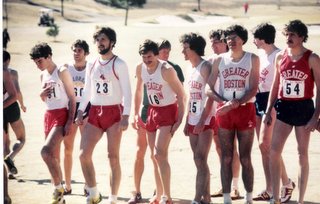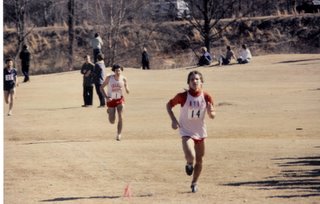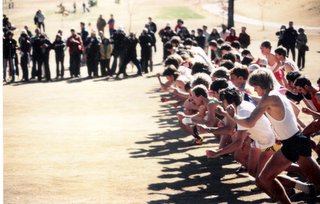Doing What's Needed
In his post, Larkin said, "Thanks to the old vet with the ship baseball hat who walked me to the elite tent and got a tee shirt for me because my bag was missing. People like this--people that help you and then disappear unthanked--are the real heroes of these races and in life." He's right. One of my fraternity brothers came from western Pennsylvania, and he'd use a local expression, "it needs done." This guy got Larkin the shirt because "it needed done." To him, getting Larkin the shirt was the most obvious and minor thing, so he did it.
Sometimes, the things that need to be done are formal, like when you pass out water at a race and sometimes they're less formal, like when you see someone struggling with the inner demons at mile 22 of the marathon and you say something to get their attention, make eye contact, then say, "You can do it." If you've never been there, you'll never know how much it can mean. If you've ever been the recipient, you'll struggle regularly to pay it back.
Now, I'd like to posit a question, "What needs doing at your local race?" Are you doing it? Shouldn't you be?





